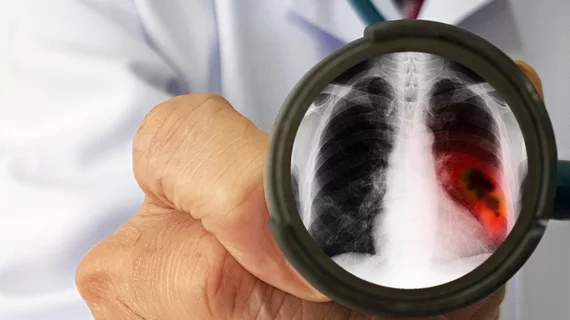RSNA names winners of its pulmonary embolism AI challenge
The Radiological Society of North American on Monday revealed the winners of its artificial intelligence pulmonary embolism detection challenge.
RSNA partnered with the Society of Thoracic Radiology for this most recent competition, which began back in September. The 10 winners will share $30,000 in prize money and are slated to be recognized next month during the society’s annual meeting.
“Challenges like this are like a Formula One race: an opportunity for the world’s best to come together, demonstrate their skill, learn from each other and advance the state of the art in the name of improving patient care,” John Mongan, MD, PhD, incoming chair of the RSNA Machine Learning Steering Subcommittee, said in a statement. “Every year I’m impressed and inspired by what contestants achieve.”
Out of the 784 teams to participate in the RSNA-STR challenge, the winners are:
- Guanshuo Xu
- HIGH D-DIMER
- VinBigData-Medical Imaging
- Kazumax
- Deepread.ai
- OsciiArt
- Yuval reina
- [Aillis] Yuji + Jan + yama
- Shimacha
- OrKatz
This year, RSNA piloted a new approach requiring competitors submit and run their code in a standard shared environment to generate more usable models. Teams used a dataset of some 12,000 CT scans to generate their algorithms.
Read more from RSNA here. And for a look back on last year’s intracranial hemorrhage challenge read here.

